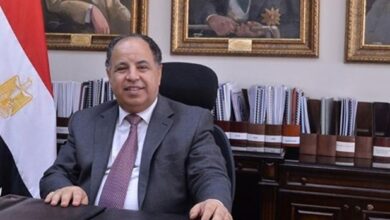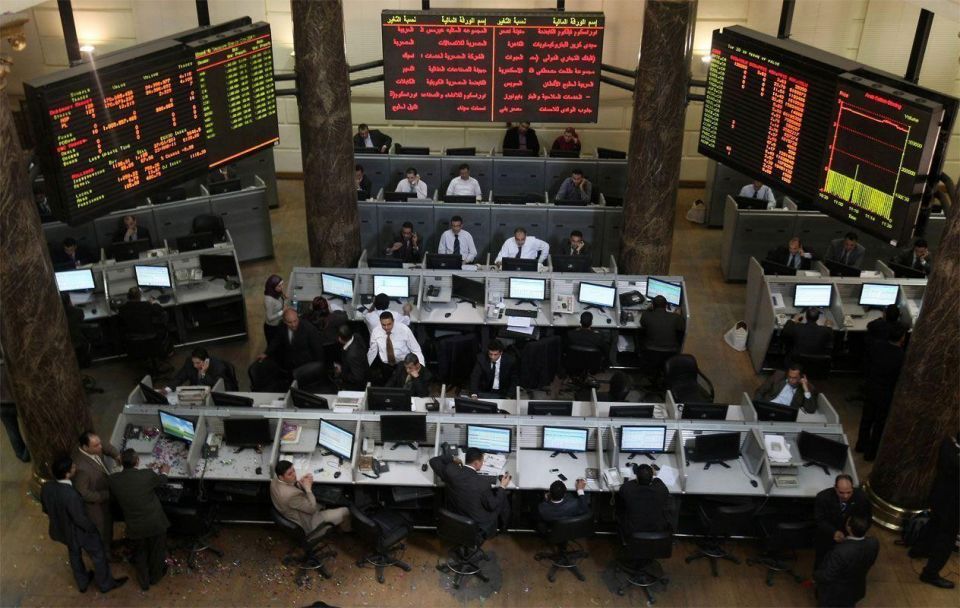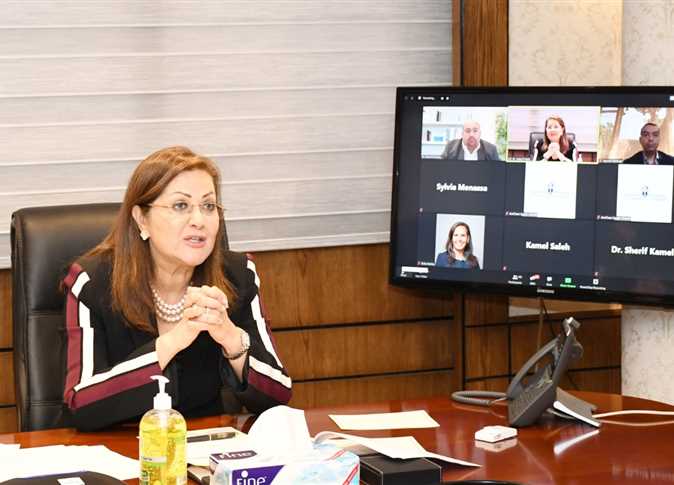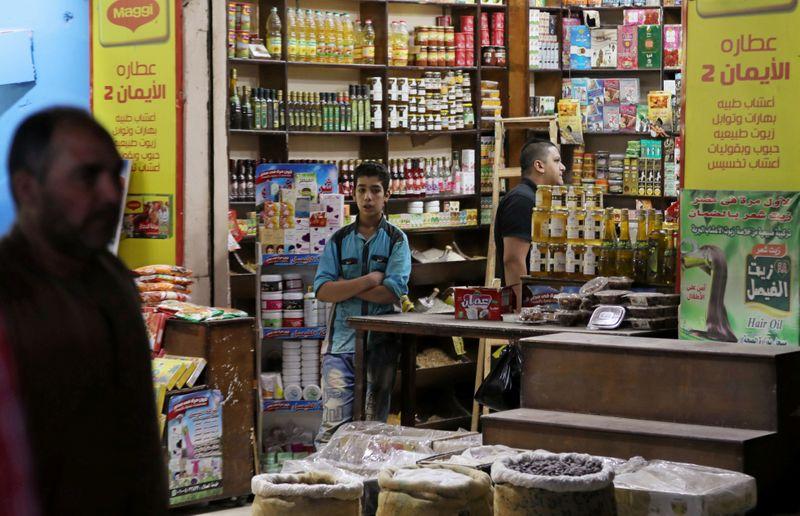The Cabinet’s plans for economic recovery seem to revolve solely around one theme: the attraction of foreign capital inflows. The official discourse diagnoses the country’s economic ordeal in terms of low growth rates, dwindling foreign reserves and low rates of investment, be it domestic or foreign.
As the country starts to stabilize politically, priority is given to economic recovery. Contentious social and economic issues such as taxation policies, the structure of public spending and relations between the state and large businesses, among many others, are put aside for the moment until the “production gear spins” — if we are to use the official lexicon. The newly established political regime is still too weak to address any of the root causes of the 25 January revolt against former President Hosni Mubarak.
Given the Cabinet’s limited political resources, the cheapest way out of Egypt’s pressing problems seems to lie in attracting foreign capital inflows. This may assume the form of either foreign credit or foreign direct investment (FDI).
The former is financially burdensome and often conditioned with policy changes that the new regime may not easily afford. Conversely, the latter seems to be much cheaper politically as well as economically.
Foreign direct investment is expected to improve the balance of payments, support the country’s foreign reserves, contribute to the regeneration of high growth rates and create jobs.
Moreover, foreign investment has nothing to do with public finances and thus is a politically neutral instrument, unlike conditioned credit. By conditioned credit, we mean loans disbursed by the International Monetary Fund (IMF) or the World Bank.
However, the government is likely to depend on foreign borrowing in the short term as investors still shy away from putting money into the turbulent Egyptian economy.
The economic reasoning is quite simple and straight. A poor,developing country such as Egypt, with traditionally low rates of domestic savings, is in dire need of foreign savings to finance its future investment and consumption.
Securing high rates of domestic savings is a politically sensitive matter that may run counter to the prevalent consumption patterns of the upper and upper-middle classes. It may imply changes to the state expenditure structure and tax policies. Of course, relying on foreign investment is by no means cost-free.
FDIs may formally improve the country’s balance of payment and generate high rates of growth. Yet these investments often only come at the expense of labor, local communities and the environment.Contracts and agreements that secure the presence of foreign investors are usually unbalanced and unfair.
Given the experience under Mubarak’s last Cabinet, an FDI-based growth model can perpetuate the country’s dependency on traditional sectors such as oil and gas extraction, and non-tradables such as construction and telecommunications, which do not contribute much to higher value-added activities or massive job creation.
The list of reservations is long. However, this article does not aim at giving a detailed critique to FDI-based development models. It rather intends to answer the question of whether the government’s bet on foreign capital as the sole way out of Egypt’s economic problems is valid.
The 25 January revolution erupted amid a global financial crisis that has continued to unfold since 2008. The crisis assumed many forms and went through different phases.
While it started with the exchange market crash in the US, followed by a banking sector crisis, it soon triggered a sovereign debt crisis in Europe. By mid-2009, the global economy was going into recession.
Egypt’s traditional capital exporters, such as Europe and the US, are fighting their way out of a structural economic crisis. The global economy no longer has the liquidity it had in the 1990s, which was translated into massive FDI flows in developing countries in addition to aid, cheap credit and short-term investments in stocks and bonds.
Some capital inflow may save the country’s economy in the short term.However, it hardly serves as a basis for the restructuring of the economic development model in years to come.
The future of the global financial system is still uncertain. Foreign savings will not substitute for domestic ones in the long term.
Moreover, with the political opening and enfranchising of millions,future political regimes will have to answer social and economic demands through higher taxes on the rich and more public investments.The revolution will probably lead to the restructuring of the social coalition on which any future regime will depend. Consequently, foreign capital will not spare the ruling elites from tackling the country’s lingering questions on the production and distribution of income and wealth.
Amr Adly is director of the Social and Economic Justice Unit at the Egyptian Initiative for Personal Rights. He has a PhD in political economy.
This piece was originally published in Egypt Independent's weekly print edition.




